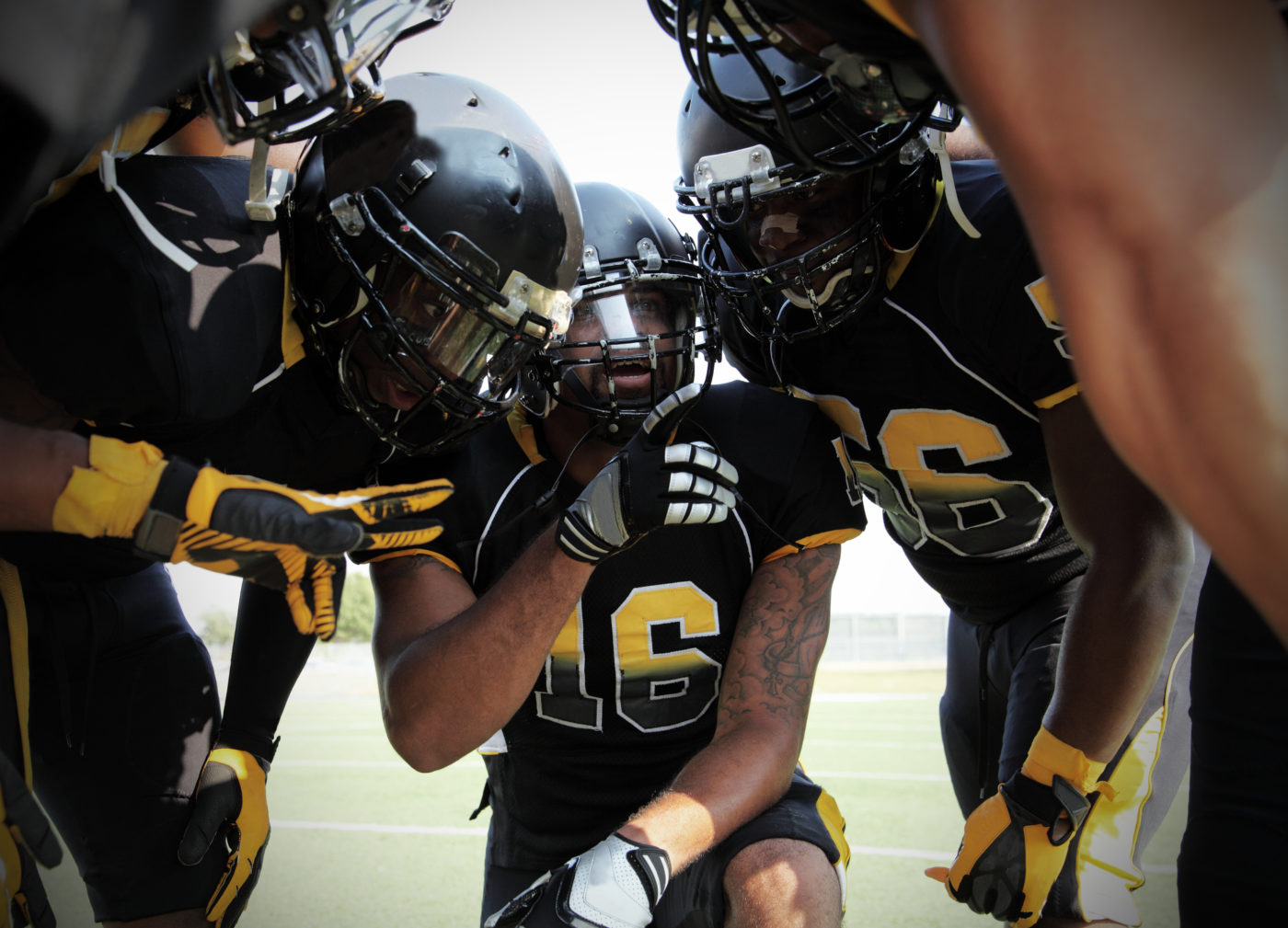My wife and I both graduated from the University of Florida. So did two of our kids. We have always loved cheering for the blue and orange and are big fans of famed Florida quarterback Tim Tebow. He won a Heisman trophy and two national championships during his college career in Gainesville. Yes, he could throw far and run fast, but what made Tim such a great player was his ability to draw people in, build trust, and challenge them.
He’s known as one of the best leaders in the history of college football, but he wasn’t always that way. Before he became a trustworthy teammate, Tim had to learn how not to be a poor one. You may think you’re leading well but be repelling people instead, like Tebow did when he was a kid. Here’s what he learned, plus 5 ways we’re bad teammates without knowing it.
1. We expect others to fail.
Tim was a guest on Craig Groeschel’s leadership podcast and told a story from his Little League days. He wanted to win so badly that he wouldn’t let his teammates participate. No matter where he was on the diamond, he personally would track down any ball that was hit and run it over to first base himself. He didn’t trust his teammates to catch it. He expected them to fail. So his father pulled him aside and explained the importance of working as a unit, for better or worse. When we expect others to fail, we may never give them a chance to succeed.
2. We do all the important tasks ourselves.
As evidenced from Tim’s Little League story, when we do all the important tasks ourselves, we aren’t good teammates. We wind up alienating the people around us. We send the message that we are the only ones capable of handling the things that really matter—and we send the message that we think nobody else has what it takes.
3. We put pressure on others.
When we set up an environment where success and failure depend on whether others meet our expectations, we put a lot of undue pressure on our teammates. And that sets them up to fail. While we should have high standards and aim to achieve excellence, teammates who feel like they need to do everything the way we would or like there’s no grace in the face of mistakes may underperform.
4. We set goals that are too small.
Little effort usually yields little return. When we aim too low, we limit what we can do—and we limit what our teammates can do, too. We sell them short and rob them of opportunities to meet their potential. Setting big goals and working hard to accomplish them shows everybody involved what they’re good at, where they can grow, and that big goals actually are achievable.
5. We don’t sacrifice for others.
Putting yourself aside for the benefit of others is what good teammates do. It isn’t helpful to our teammates or their morale when we hog all the glory or seek all the attention. Instead, we should support them by stepping aside and letting them shine where they excel. When we do that, we’re more likely to see the whole team succeed, not just one of the people on it. Lay down your desire to be the best if it comes at the expense of your teammates.
Sound off: What are some things you can begin to change to become a better teammate











Huddle up with your kids and ask, “What do you think makes a good teammate?”